Artificial Intelligence (AI) is reshaping the workplace, transforming how businesses operate and how employees perform their tasks. As AI technology continues to advance, its impact on work will become even more profound. Here’s how AI will change work in the coming years:
1. Automation of Routine Tasks
AI is particularly effective at automating repetitive and routine tasks, freeing up employees to focus on more complex and creative activities. Tasks such as data entry, scheduling, and basic customer service can be handled by AI-powered tools, increasing efficiency and reducing human error. For instance, AI chatbots can manage customer inquiries, and AI-driven software can automate invoicing and payroll processes .
2. Enhanced Decision Making
AI provides powerful data analytics capabilities that help businesses make better decisions. By analyzing large volumes of data quickly and accurately, AI can identify patterns and trends that humans might miss. This enables businesses to make informed decisions based on real-time insights. For example, AI can analyze market trends to inform strategic planning or assess customer feedback to improve product development .
3. Personalization and Customer Engagement
AI enables businesses to deliver personalized experiences to their customers. AI algorithms can analyze customer data to understand preferences and behaviors, allowing companies to tailor their marketing efforts and product recommendations. This level of personalization enhances customer satisfaction and loyalty. AI-driven platforms like Salesforce Einstein and HubSpot leverage AI to personalize customer interactions and automate marketing campaigns .
4. Improved Productivity and Efficiency
AI tools can significantly boost productivity by streamlining workflows and improving efficiency. For example, AI-powered project management tools can optimize task allocation and track progress in real-time, ensuring that projects are completed on schedule. Additionally, AI can help identify bottlenecks and inefficiencies in business processes, enabling organizations to implement improvements proactively .
5. Enhanced Collaboration
AI facilitates better collaboration among team members by providing tools that improve communication and information sharing. AI-powered platforms like Slack and Microsoft Teams use natural language processing (NLP) to enable more intuitive and efficient communication. These tools can also integrate with other software to centralize information and streamline workflows, making it easier for teams to work together, regardless of their physical location .
6. Skill Augmentation
AI can augment human capabilities by providing tools that enhance skillsets and enable employees to perform their tasks more effectively. For example, AI-driven design tools like Adobe Sensei assist graphic designers by automating repetitive design tasks and suggesting creative ideas. Similarly, AI-powered coding assistants like GitHub Copilot help software developers write code more efficiently by offering real-time suggestions and detecting errors 【9†source】.
7. New Job Roles and Opportunities
While AI will automate certain jobs, it will also create new roles and opportunities. As businesses adopt AI technologies, there will be a growing demand for AI specialists, data scientists, and machine learning engineers. Additionally, AI will drive the need for roles focused on managing AI systems and ensuring ethical AI practices. Workers will need to adapt by acquiring new skills and embracing lifelong learning to stay relevant in an AI-driven job market【10†source】.
8. Enhanced Employee Experience
AI can improve the overall employee experience by providing tools that support well-being and professional development. For example, AI-driven platforms can offer personalized learning and development programs, helping employees acquire new skills and advance their careers. AI can also analyze employee feedback to identify areas for improvement in workplace culture and employee satisfaction【11†source】.
Conclusion
AI is set to revolutionize the workplace, bringing about significant changes in how businesses operate and how employees perform their tasks. By automating routine tasks, enhancing decision-making, and improving productivity, AI will enable businesses to become more efficient and competitive. However, the successful integration of AI will require a focus on reskilling employees and fostering a culture of continuous learning. As we move into the future, AI will not only change the way we work but also open up new opportunities for innovation and growth.
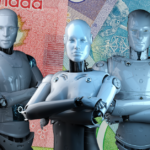
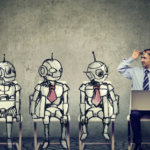
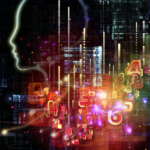

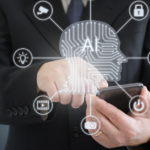


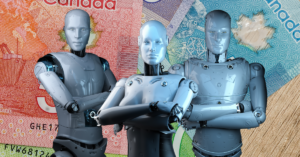
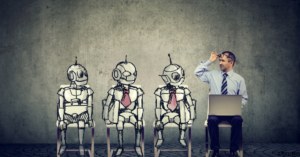
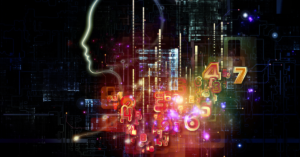
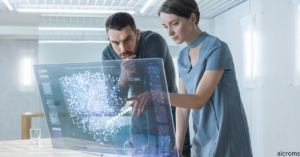
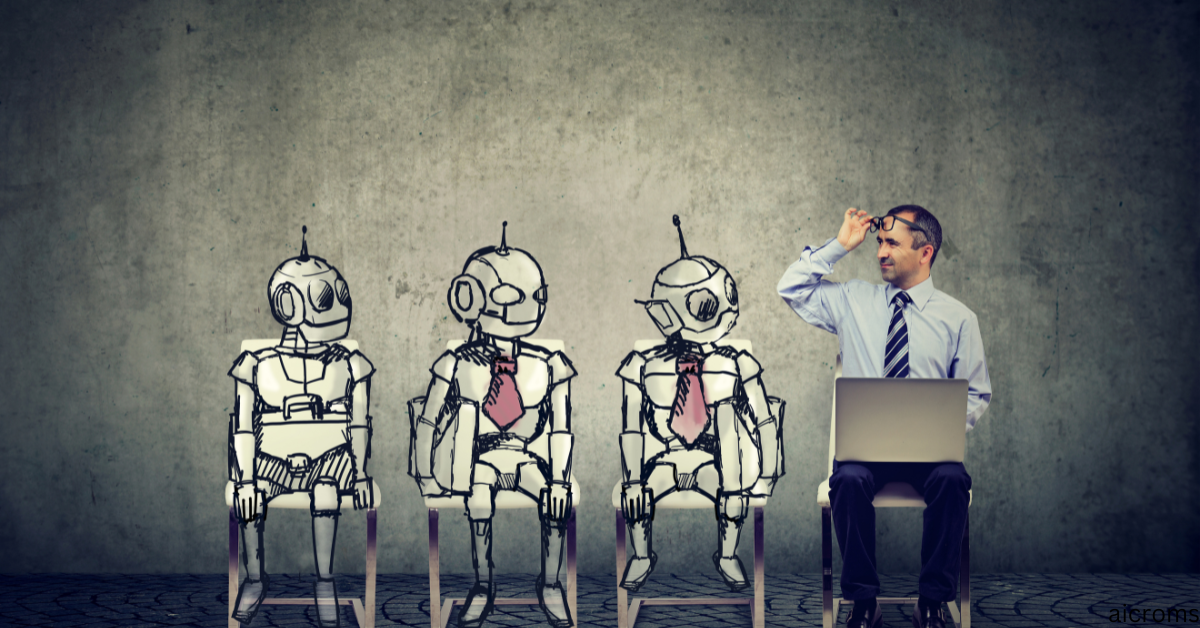
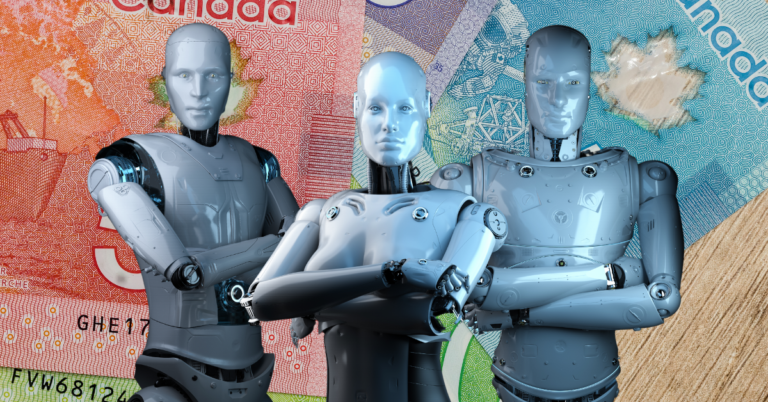
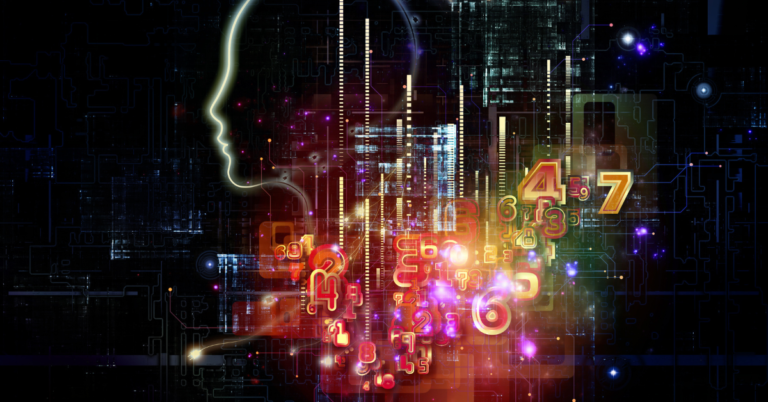
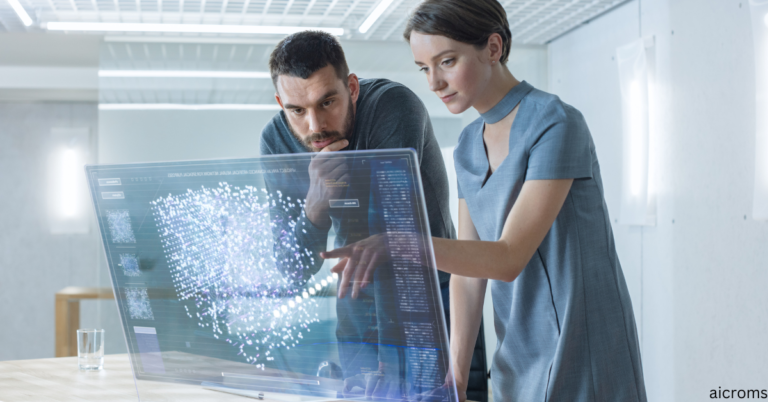

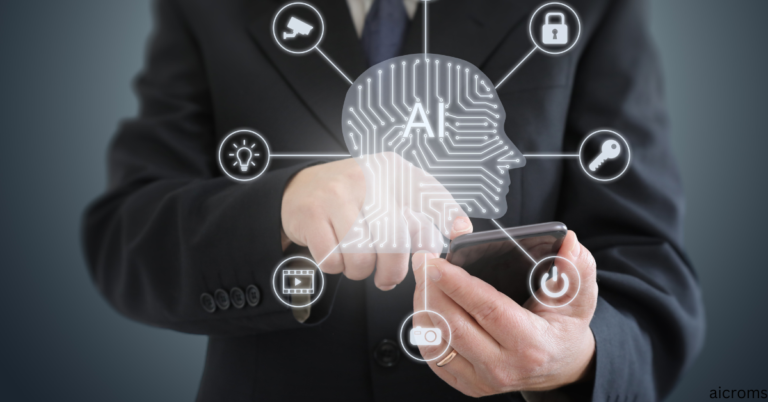
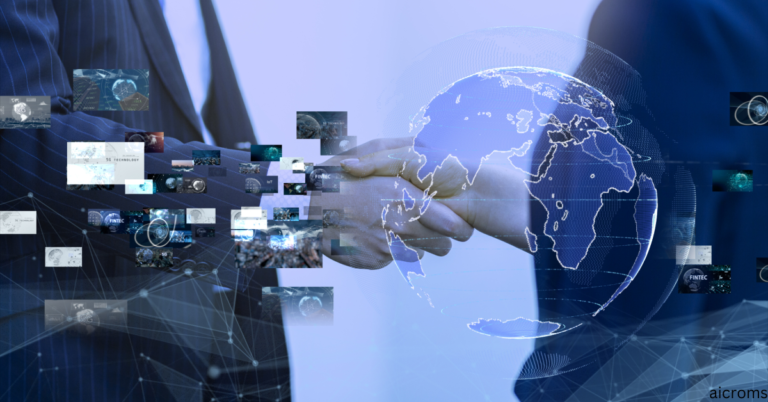

+ There are no comments
Add yours